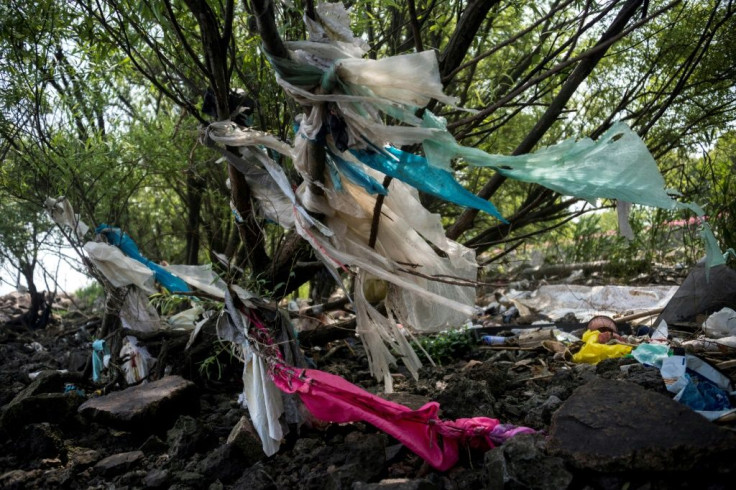End Of Plastic? Finnish Scientists Say They Have Found An Alternative

With plastic choking up the planet, who is not looking for a safer alternative? Reseachers at the Aalto University and VTT Technical Research Centre in Finland say they have discovered a possible substitute for the hazardous substance.
The unique material provides high strength, combined with increased toughness.
By sticking together wood cellulose fibers and the silk protein discovered in spider web threads, the scientists developed this unique bio-based material. The outcome is a very strong and resilient material that could be used as a possible plastic substitute in the future as part of bio-based composites.
Nature provides excellent ingredients for the development of new products, such as firm and easily accessible cellulose, and hard and flexible silk used in this study, according to Aalto University Professor Markus Linder. The benefit with both of these products is that they are biodegradable unlike plastic and do not harm nature like micro-plastic does.
This research project is part of the work of the the Centre of Excellence in Molecular Engineering of Biosynthetic Hybrid Materials (Hyber).
"We used birch tree pulp, broke it down to cellulose nanofibrils and aligned them into a stiff scaffold. At the same time, we infiltrated the cellulosic network with a soft and energy dissipating spider silk adhesive matrix," said Research Scientist Pezhman Mohammadi from VTT.
Silk is a natural protein that is produced by organisms such as silkworms. However, the spider web silk used by the scientists at Aalto University is not drawn from spider webs, but instead is manufactured by the scientists using synthetic DNA bacteria .
Linder further explained in a statement, “Because we know the structure of the DNA, we can copy it and use this to manufacture silk protein molecules which are chemically similar to those found in spider web threads. The DNA has all this information contained in it.”
"Our work illustrates the new and versatile possibilities of protein engineering. In future, we could manufacture similar composites with slightly different building blocks and achieve a different set of characteristics for other applications,” added Pezhman.
The team is currently working on creating fresh composite materials such as implants, items with impact resistance and many other products.
© Copyright IBTimes 2025. All rights reserved.





















